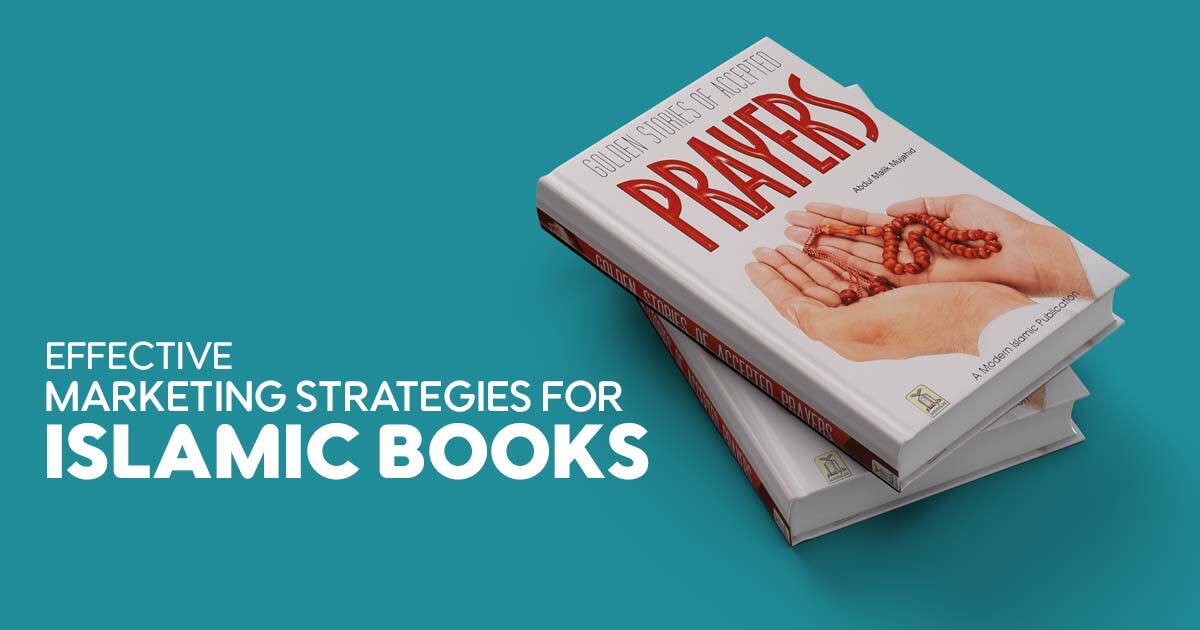Marketing plays a vital role in the success of any book, including those within the Islamic genre. In today’s digital age, authors and publishers have a plethora of tools and strategies at their disposal to effectively promote Islamic books and reach a wider audience. This comprehensive guide explores various marketing strategies tailored specifically for Islamic literature, covering both traditional and digital approaches.
Understanding Your Audience:
- Identify Target Audience: Begin by clearly defining your target audience. Consider factors such as age demographics, cultural backgrounds, educational interests, and reading preferences within the Islamic community.
- Research Reader Preferences: Conduct market research to understand what topics, themes, and writing styles resonate most with your target audience. This insight will guide your content creation and marketing efforts.
Crafting Compelling Content:
- Quality Writing: Focus on producing high-quality content that adds value to your readers. Whether your book is informational, inspirational, or educational, ensure that it meets the expectations of your audience.
- Eye-Catching Book Covers: Invest in professional book cover design that not only reflects the essence of your book but also attracts attention both online and in bookstores. A visually appealing cover can significantly impact a reader’s decision to explore your book further.
- Engaging Book Descriptions: Craft compelling and concise book descriptions that highlight the unique selling points of your book. Use persuasive language to entice potential readers and generate interest.
Leveraging Digital Platforms:
- Optimized Website: Create a user-friendly website for your book or author platform. Optimize it for search engines (SEO) by incorporating relevant keywords, meta descriptions, and engaging content that encourages visitors to explore further.
- Social Media Marketing: Utilize social media platforms such as Facebook, Instagram, Twitter, and LinkedIn to connect with your audience, share updates about your book, engage in conversations, and run targeted advertising campaigns.
- Content Marketing: Develop a content marketing strategy that includes blogging, guest posting on relevant sites, creating videos, and sharing valuable content related to your book’s themes. This not only establishes your authority but also attracts organic traffic to your website.
- Email Marketing: Build and nurture an email list of subscribers interested in Islamic literature. Send regular newsletters, exclusive content, promotions, and updates about your book to keep your audience engaged and informed.
Collaborating with Influencers and Partnerships:
- Influencer Partnerships: Collaborate with influencers, bloggers, scholars, and personalities within the Islamic community who align with your book’s message. Their endorsement and promotion can significantly amplify your reach and credibility.
- Cross-Promotions: Partner with other authors, publishers, organizations, or Islamic institutions for cross-promotional opportunities. This could include joint events, bundle deals, or featured promotions that expose your book to new audiences.
Engaging Reviews and Testimonials:
- Encourage Reviews: Prompt readers to leave reviews on platforms such as Amazon, Goodreads, and social media. Positive reviews build trust and credibility, influencing potential readers’ purchasing decisions.
- Author Engagement: Engage with your audience directly through author Q&A sessions, virtual book clubs, live readings, and interactive social media posts. Building a personal connection fosters loyalty and encourages word-of-mouth recommendations.
Conclusion:
In conclusion, effective marketing strategies are essential for promoting Islamic books successfully. By understanding the target audience, creating engaging content, leveraging digital platforms, collaborating with influencers, and engaging with readers, authors and publishers can maximize their reach and impact. These strategies help build a loyal readership, contribute to the enrichment of Islamic literature, and foster meaningful connections within the global community of readers.
FAQs Effective Marketing Strategies for Islamic Books:
How important is social media marketing for promoting Islamic books?
Social media marketing is essential for reaching a global audience, engaging with readers, building a community, and driving book sales.
What role does SEO play in marketing Islamic books?
SEO improves visibility in search engine results, making it easier for potential readers to discover your book online and increasing organic traffic to your website.
How can authors leverage events and book signings for marketing?
Events and book signings provide opportunities to connect with readers in person, create buzz, and generate media coverage, leading to increased book visibility and sales.
Are book trailers effective in promoting Islamic books?
Yes, book trailers can capture attention, showcase the book’s theme visually, and generate interest among potential readers, especially on social media platforms.
What strategies can authors use to maintain long-term reader engagement?
Authors can maintain engagement by providing regular updates, exclusive content, interactive experiences, and ongoing communication through newsletters, social media, and author platforms.



